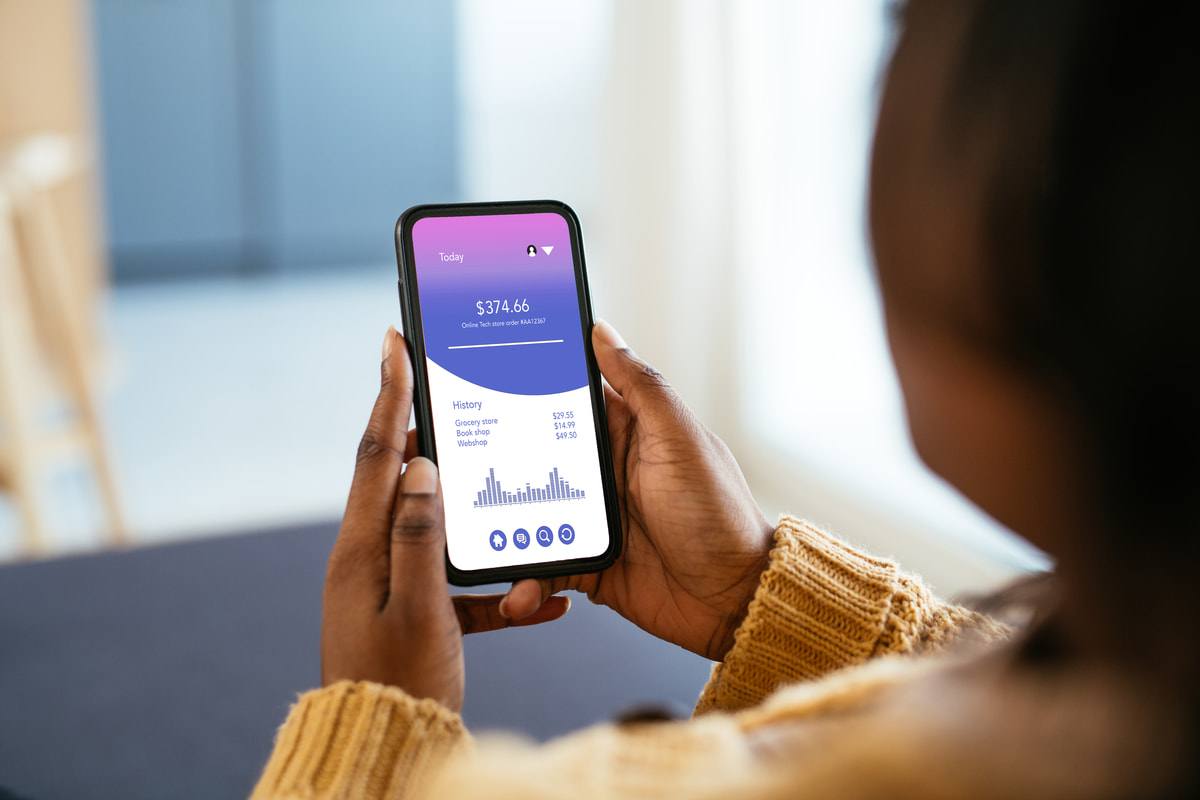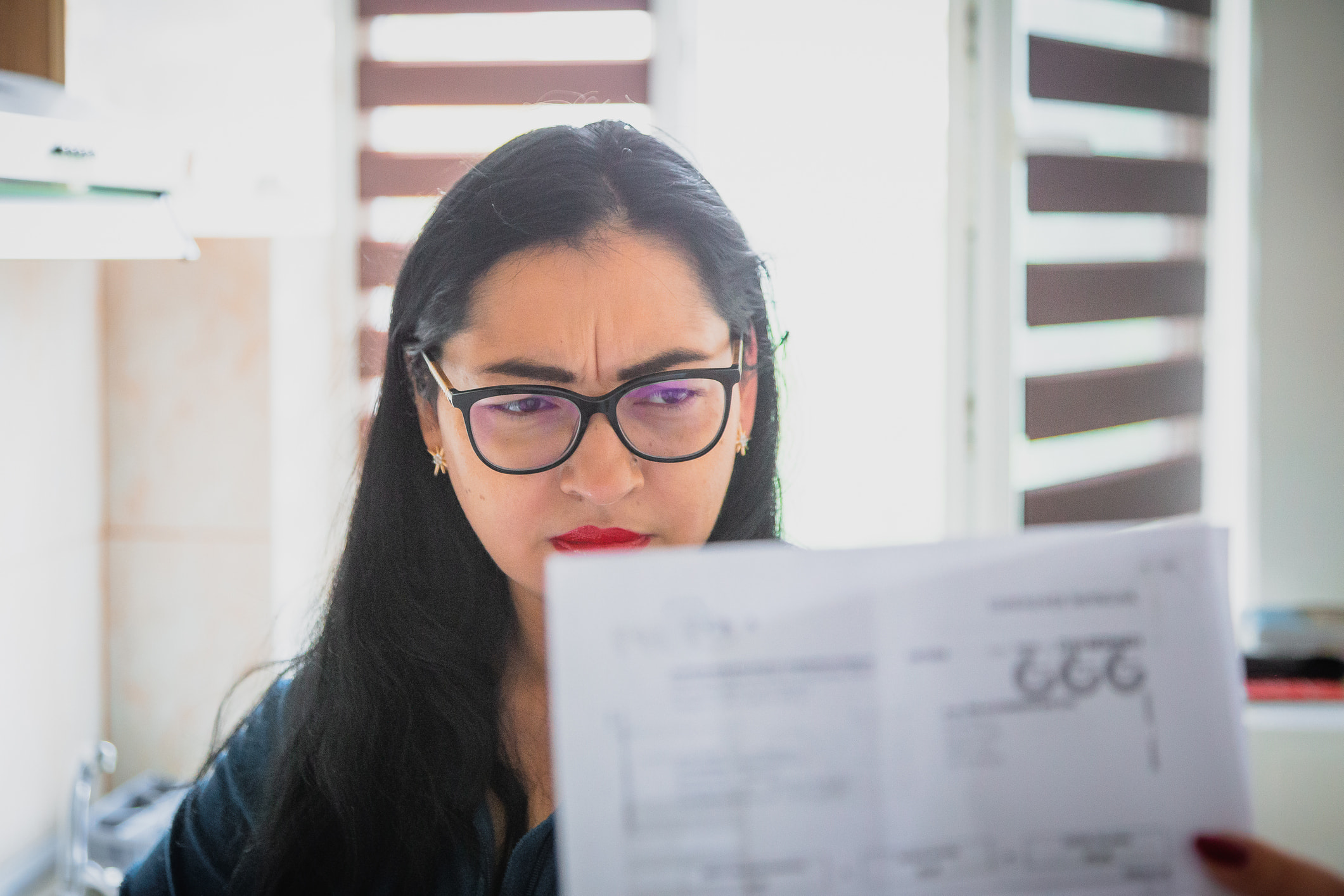From eating healthier to clearing the clutter, it's a wide-held tradition to make positive changes each January 1. The new year is also a great time to take a fresh look at your budget and review your money milestones.
If you're a Mint budgeting app user, it's even more important; the recent merger with Credit Karma means that Mint's free tool has been shut down. Those who previously use the app had just a few short weeks to move their financial records to another tool to continue monitoring their money and keep their budgets in check.
Thankfully, there are many other budgeting programs to choose from, with some of them free or at a very low cost. Even if you've been using the same budgeting app for years, it doesn't hurt to see what else is out there to help meet your changing goals.
Best budgeting apps for 2024
The wide variety of apps means that you can uniquely spend, save, and meet money goals in a way that matches your lifestyle and personality. Which of these tools could be right for you?
Credit Karma
At the top of our list is Credit Karma, which is the free option recommended by Mint's parent company (Intuit) for those who will lose their Mint accounts. The software offers some neat perks, including a simple interface with a focus on building credit. In addition to seeing your net worth and credit score, you can track individual transactions from spending categories. It's highly focused on consumer credit, and users will see offers for additional credit, insurance, and refinancing.
It's true that Credit Karma will not be offering the same level of proactive budgeting that Mint offered. For example, setting a spending goal and seeing your progress for savings or paying debt won't be available. However, you can import financial activity from accounts to see spending trends and to watch if your spending goes up or down on fuel or groceries, for example, to gauge how well you're doing each month.
Goodbudget
Modeled after the concept of envelope budgeting, Goodbudget helps you plan for every penny you get in a month — before you get it. You can portion out your expected monthly income into different categories (envelopes) and monitor them to make sure you don't overspend. The app is free for most of the functions and just $8 a month for enhanced features. Keep in mind this app doesn't connect to your accounts. Instead, you need to manually enter bank and card account balances on your own.
For those who want a traditional budget experience without giving access to your online account information, this may be an affordable and simple way to meet money goals.
Monarch Money
Monarch Money is a full-featured budgeting app with an eye-catching dashboard to help you easily see your current spending and how it compares to your goals. It supports thousands of banks and credit institutions, so transaction updates happen automatically.
It's one of the pricier options for budgeting at $99.99 a year, but it does have clever extras, such as a subscription tracker that reminds you three days before a recurring bill comes due. It also monitors investments and has a money advice section with answers to popular budgeting questions.
Unlike zero-budgeting applications, Monarch Money tracks spending after you do it, so it might not work for those who need to allocate each dollar at the beginning of the month. It also doesn't have a credit score feature to see your FICO or other score each month. Still, it looks a lot like Mint's budgeting software and may be an easier switch for those who will miss their Mint accounts.
PocketGuard
For a simplified snapshot view of your money, PocketGuard is an option. The app connects to bank accounts, loans, and other financial services and then tells you how much you have left in the month. For additional features, such as a debt pay-off plan, you'll need to pay around $8 a month (less with an annual plan). It's not a zero-budgeting tool, so you can't plan out each dollar before you spend it.
However, the ability to opt out of a bank connection and enter purchases manually is a nice feature for those who don't want to share financial information or prefer a more hands-on approach.
PocketSmith
The PocketSmith app bills itself as the right tool for a "household CFO" and focuses on forecasting as its stand-out feature. It comes in a few different plan options, including a free plan that doesn't connect to accounts or automatically update. However, even the free version comes with forecasting, giving users a six-month view of what their money situation will look like as money is spent and earned.
The more robust plans, like the "Flourish" and "Fortune" plans, come with bank account connections, unlimited budgets, and a customized dashboard. Choose which widgets you want to appear on the front of your budget control center, and prioritize the financial details that are most important to you. With forecasting of up to 60 years, this is a good option for people who want to see how the small decisions they make today truly affect their future.
The better way to budget
Is an app truly better than writing out a budget with pencil and paper or even using a spreadsheet? For many, it is. With most budgeting tools optimized for your mobile device, you don't even have to sit down and budget on your desktop. You can quickly see what you have left to spend for the month, your savings goals, and more — no matter where you travel.
Choosing the right budgeting app will depend on your preferred way of handling money, and it may take a few tries to find the perfect match. Many of the apps on our list come with a free trial, so give them a week or so to see if they are something you can commit to before you buy.



